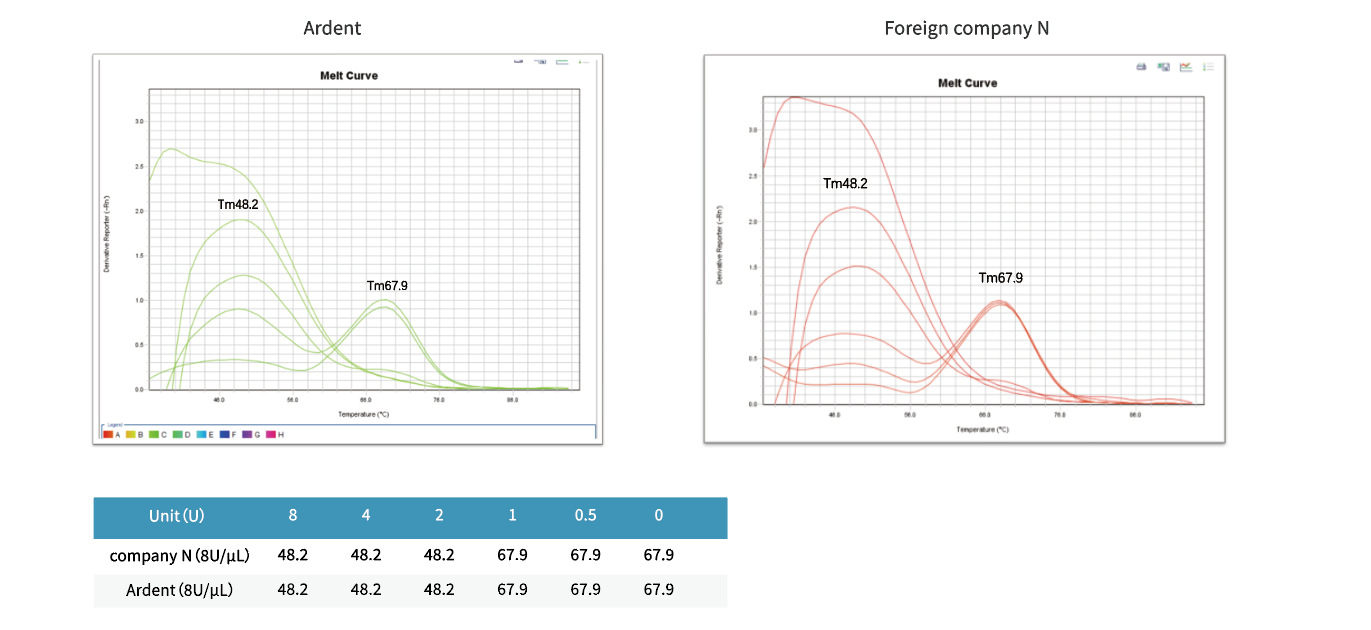
Highly Competitive Performance - High Throughput, Excellent Sample Preservation Rate & Detection Sensitivity

Stored at: -20℃
REF GSP9181 Spec: 50μL(400U)
GSP9182 100μL(800U)
GSP9183 500μL(1600U)
GSP9184 1000μL(8000U)
Fpg (formamidopyrimidine [fapy]-DNA glycosylase) (also known as 8-oxoguanine DNA glycosylase) acts both as a N-glycosylase and an AP-lyase. The N-glycosylase activity releases damaged purines from double stranded DNA, generating an apurinic (AP site). The AP-lyase activity cleaves both 3′ and 5′ to the AP site thereby removing the AP site and leaving a 1 base gap. Some of the damaged bases recognized and removed by Fpg include 7, 8-dihydro-8-oxoguanine (8-oxoguanine), 8-oxoadenine, fapy-guanine,methy-fapy-guanine, fapy-adenine, aflatoxin B1-fapy-guanine, 5-hydroxy-cytosine and 5-hydroxy-uracil.
Comet assay;
Research on DNA damage and repair;
SNP analysis;
Alkaline precipitation;
Alkali helix.
1. The enzyme activity of Ardent and well-known foreign company N is consistent

Fig. If there is no Fpg, the primers will complement each other with a high Tm value. If there are Fpg cutting primers, the primers will not complement each other and the Tm value is low.